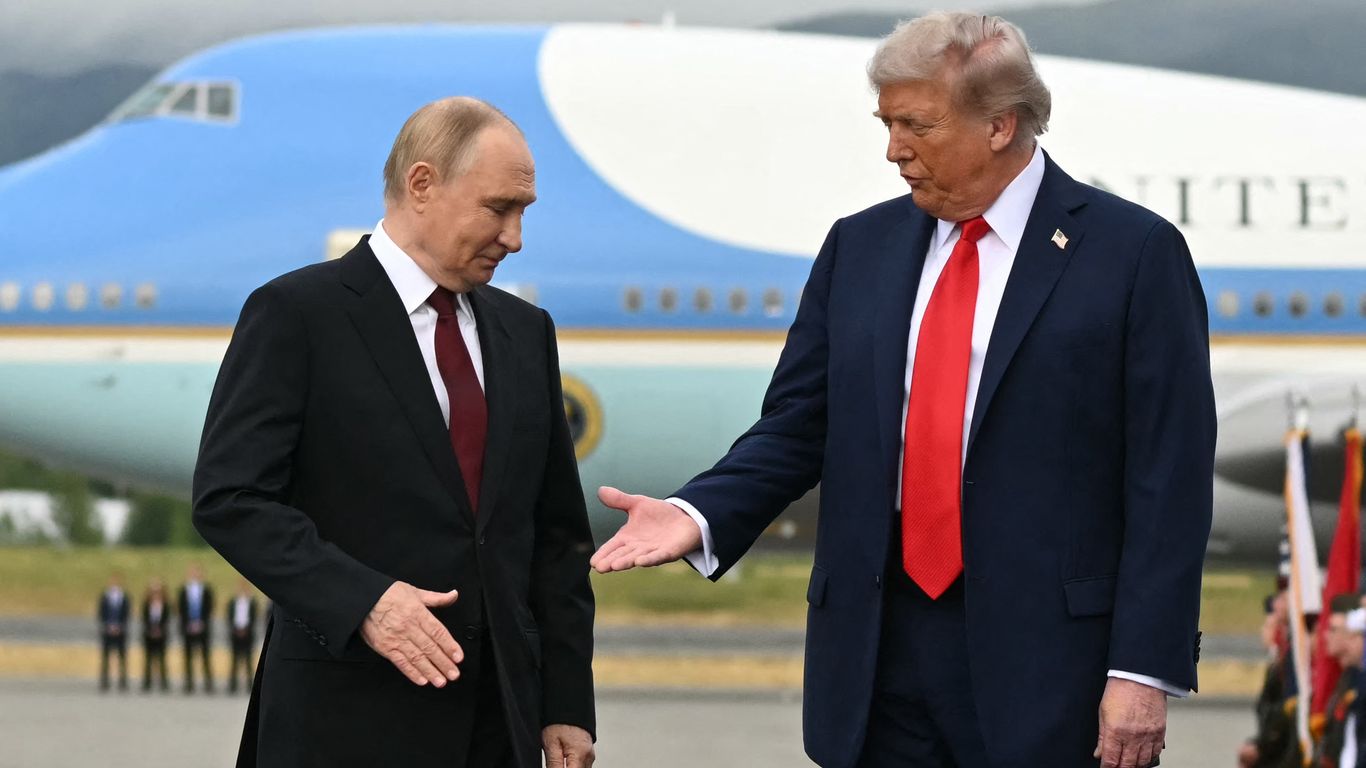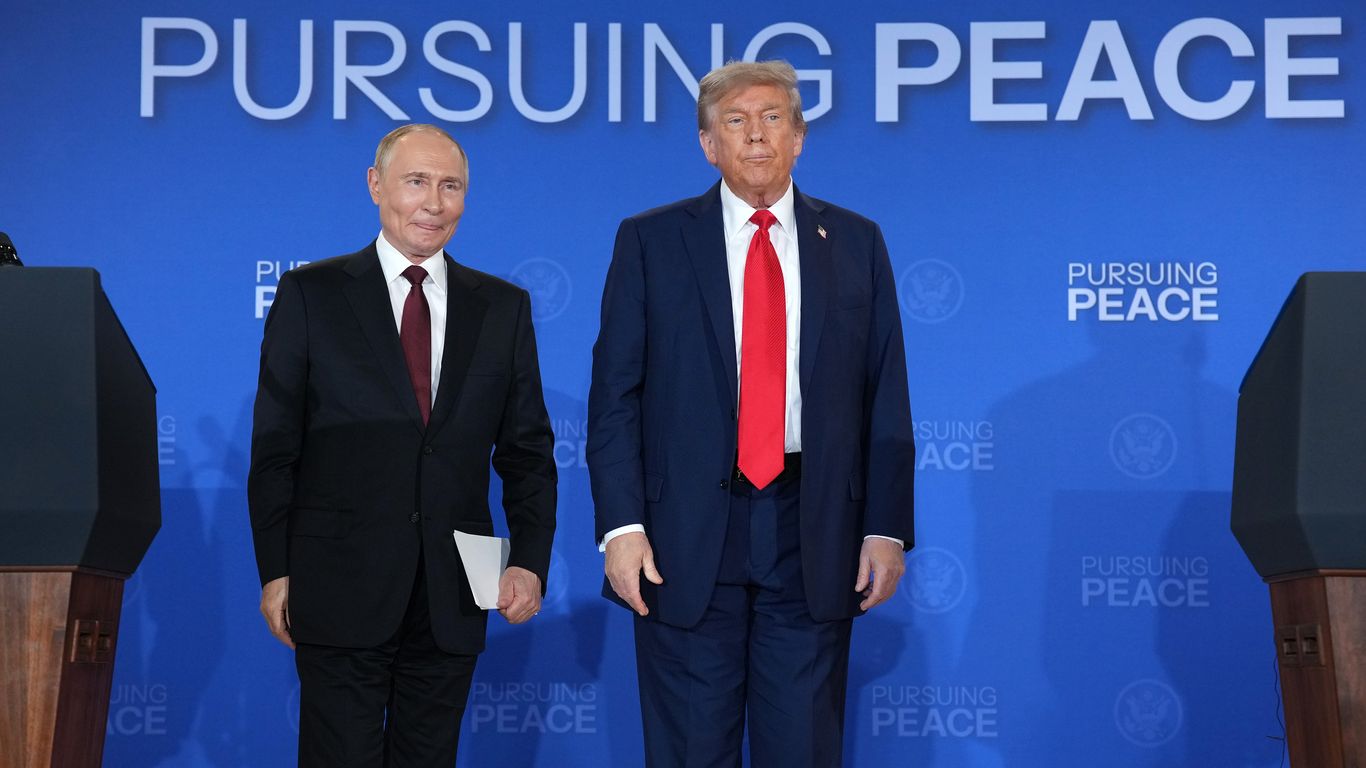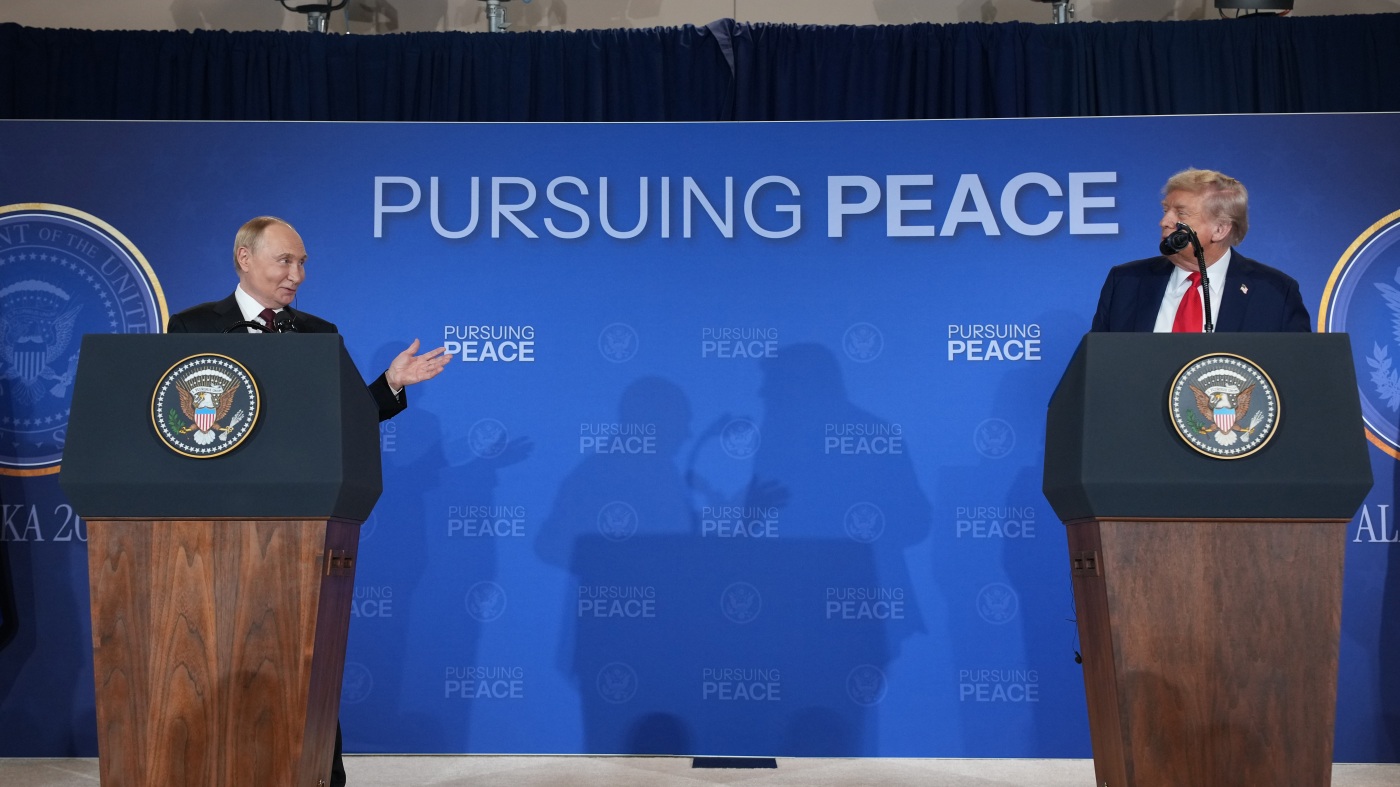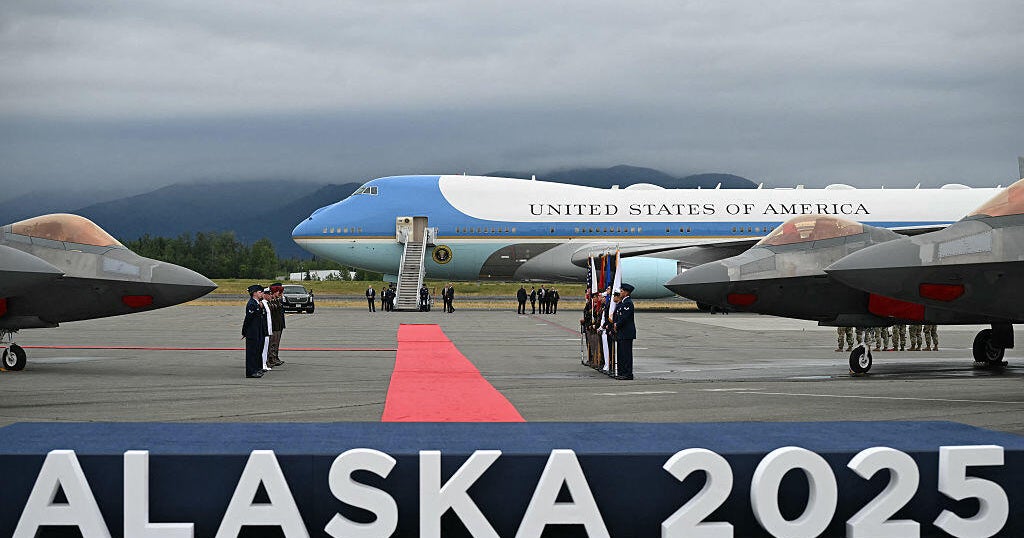Arrest in Nord Stream Pipeline Explosions Investigation
Introduction
The recent arrest of a Ukrainian citizen, Serhii K., in Italy's Rimini province has brought new developments in the investigation of the 2022 Nord Stream gas pipeline explosions. German prosecutors have announced that the suspect is believed to be one of the coordinators behind the blasts, adding another layer of complexity to the already controversial project.
Key Details
The Nord Stream pipeline, which runs from Russia to Germany, has been a source of tension between Russia and many European countries. Its construction has faced criticism from the United States and some European nations, who see it as a threat to their energy security. The explosions that occurred in September, damaging several sections of the pipeline, have only added to the controversy surrounding the project.
Serhii K.'s arrest in Italy comes after months of investigation, and it is believed that he played a significant role in organizing the pipeline blasts. The suspect is also said to have ties to a paramilitary group in Ukraine, further raising concerns about the motives behind the attacks.
Impact
The arrest of Serhii K. has raised questions about the future of the Nord Stream pipeline and the potential consequences for the energy market in Europe. The project has already faced strong opposition, and this development only adds fuel to the fire. It remains to be seen how this arrest will affect the relationship between Russia and Europe
About the Organizations Mentioned
German prosecutors
## Overview of German Prosecutors (Staatsanwaltschaft) The German prosecutors, collectively known as the **Staatsanwaltschaft**, form the backbone of Germany’s criminal justice system. These offices are independent bodies attached to the judiciary but separate from the courts, operating at both state (Land) and federal levels[1][2]. Their primary mandate is to investigate crimes, prosecute offenders, and oversee the execution of criminal sentences, ensuring the rule of law is upheld across the country[1][2]. ## Structure and Functions The organization is **hierarchically structured**, with public prosecutor’s offices established at regional and higher regional courts, each led by a Senior Public Prosecutor[1][3]. Departments are specialized—handling general criminal cases, economic crimes, capital offenses, and juvenile law—reflecting the complexity and scale of modern justice[3]. At the apex is the **Federal Public Prosecutor’s Office (Generalbundesanwaltschaft, GBA)**, based in Karlsruhe and Leipzig, which deals with crimes of national significance, especially those involving state security, terrorism, espionage, and international law[4][5][6]. Prosecutors have broad investigative powers: they can direct police inquiries, summon witnesses, and even request judicial orders for evidence collection[2]. While the police conduct initial investigations, the prosecutor’s office reviews all findings and decides whether to press charges or drop the case, guided by the **Legalitätsprinzip** (principle of legality), which obliges them to pursue all prosecutable offenses[2]. ## Historical Context The modern German prosecution system has roots in 19th-century legal reforms, which sought to separate judicial and prosecutorial functions for greater fairness. Over time, the system evolved to address new challenges, such as economic crime and transnational threats, leading to the creation of specialized divisions and the federal office[1]. ## Key Achievements and Current Status German prosecutors are recognized for
United States
The **United States** is a federal republic and a global superpower, playing a leading role in economics, military strength, technology, and governance. It is a nation of approximately 348 million people as of 2025, characterized by its diverse population and dynamic economy[8][6]. Founded in 1776 following independence from British rule, the U.S. rapidly evolved into a major world power, especially after World War II, when its technological and economic investments solidified its global dominance[4]. Today, it remains the world’s preeminent military power, with 76% of Americans recognizing this status, while about half view it as the leading economic power globally, though China is seen as a rising competitor[2][3]. The U.S. government operates through a complex system that manages federal finances, taxation, social welfare programs, and trade policies. Recent legislative changes, such as the 2017 Tax Cuts and Jobs Act and the 2025 One Big Beautiful Bill Act, have shaped the tax landscape to influence economic growth, labor markets, and federal revenue[1]. Despite challenges like rising federal deficits projected to reach 6.9% of GDP by 2027, consumer spending remains resilient, and business investment is expected to grow steadily in 2025[5]. In governance, the U.S. is rated "Free" with a score of 84/100 by Freedom House, though concerns about democratic erosion and partisan conflicts persist[6]. Public trust and satisfaction with government services fluctuate, reflecting ongoing debates about policy effectiveness and institutional competence[7]. Technologically, the U.S. maintains a critical edge, underpinning its economic and geopolitical power. Experts warn, however, that technological dominance is not guaranteed indefinitely, emphasizing the need for adaptive policies and international cooperation to sustain leadership in innovation and global affairs[4]. Overall, the United States remains a pivotal force in global business, technology, and politics, balancing historic strengths with contemporary challenges in
European nations
The **European Union (EU)** is a supranational organization comprising **27 European member states** that cooperate on social, political, and economic policies to foster integration and stability across the continent[1][7]. Officially established in 1993 with the Treaty of Maastricht, the EU's origins trace back to 1951 with the creation of the European Coal and Steel Community, aimed at regulating key industries and preventing conflict post-World War II[1][3]. Over decades, it evolved into a broader union encompassing a single market, common currency (the Euro used by 20 member states), and coordinated regulations to facilitate the free movement of people, goods, services, and capital within its borders[3][5]. The EU operates through a complex institutional framework designed to balance the interests of member states and European citizens. Its **main institutions** include the European Council (which sets political direction), the European Commission (the executive body proposing laws and managing policies), the European Parliament (the directly elected legislative body), and the Council of the European Union (representing national governments)[2][4][6]. Other key bodies include the Court of Justice of the European Union, overseeing legal interpretation and enforcement, and the European Central Bank, managing monetary policy for Eurozone members[4][6]. Among its **key achievements**, the EU has created one of the largest and most integrated economic zones globally, with an economy comparable in size to the United States and a population nearing half a billion[1]. It has successfully maintained peace among historic rivals, promoted democratic values, human rights, and environmental standards, and navigated major challenges such as Brexit, migration crises, and technological transitions[2][9]. In the **business and technology sectors**, the EU plays a critical role by harmonizing regulations, investing in innovation, and setting digital policies that affect global markets. Its regulatory frameworks influence data privacy (e.g., GDPR), competition laws, and green technologies, positioning the EU a
Russia
Russia, officially known as the Russian Federation, is not an organization but a sovereign state and the largest country in the world by land area, spanning Eastern Europe and northern Asia. With a population of nearly 144 million as of 2025, Russia ranks ninth globally by population and is characterized by significant ethnic diversity, with over 80% identifying as ethnic Russians and numerous minority groups contributing to its cultural tapestry[4]. The capital, Moscow, is a major global city and the country’s political, economic, and technological hub. ## Historical Overview Russia’s history is marked by its transformation from the Tsarist Empire to the Soviet Union and, after its dissolution in 1991, to the present-day Russian Federation. The post-Soviet era saw Russia’s integration into the global economy, though it retained a centralized political system with power concentrated in the presidency[7]. The country’s economy, historically resource-based, relies heavily on oil, gas, and minerals, but has also developed significant industrial, technological, and military sectors. ## Economic Profile and Key Achievements Russia’s economy is the world’s twelfth-largest consumer market, with about 70% of GDP driven by domestic consumption[1]. It has a “very high” Human Development Index ranking and boasts the fifth-highest number of billionaires globally, though income inequality and regional disparities remain pronounced[1]. Major achievements include surviving extensive Western sanctions after the 2022 invasion of Ukraine, maintaining economic stability through increased military spending, and pivoting energy exports to Asia[1][5]. The country has also played a leading role in the BRICS bloc, advocating for reforms in the international financial system and promoting technological innovation among developing economies[6]. ## Current Status and Challenges As of late 2025, Russia’s economy is experiencing a pronounced slowdown, with GDP growth cooling to around 1% after robust expansion in 2023–2024[2][3]. High military expenditure (














